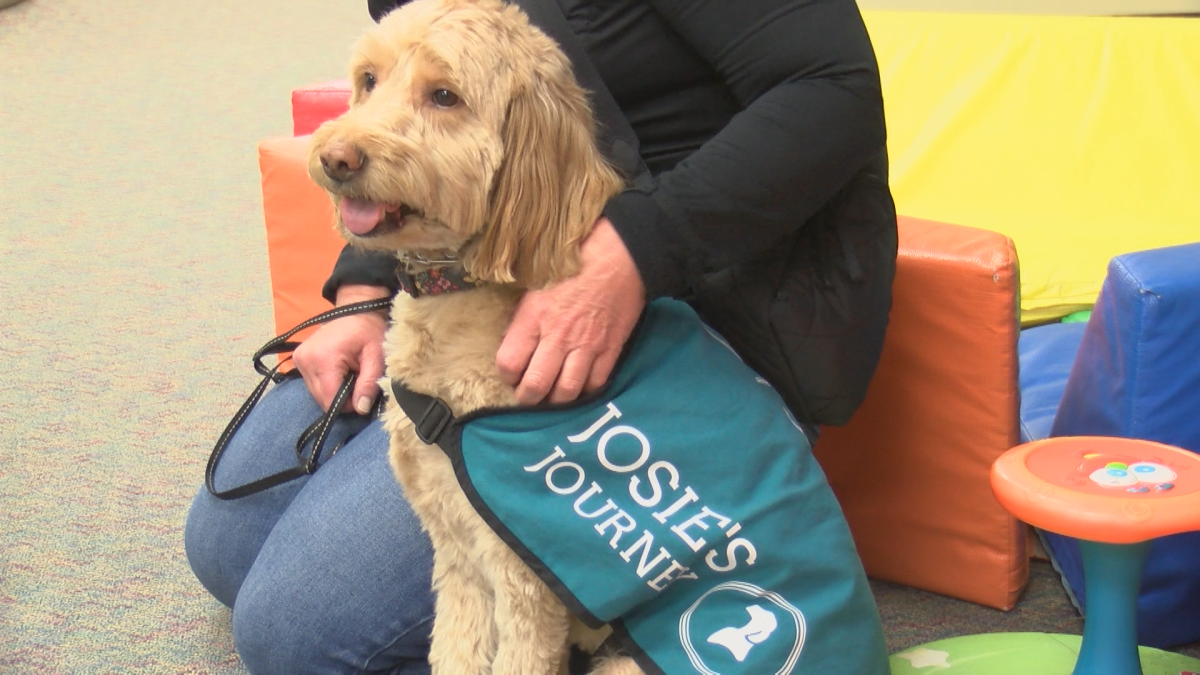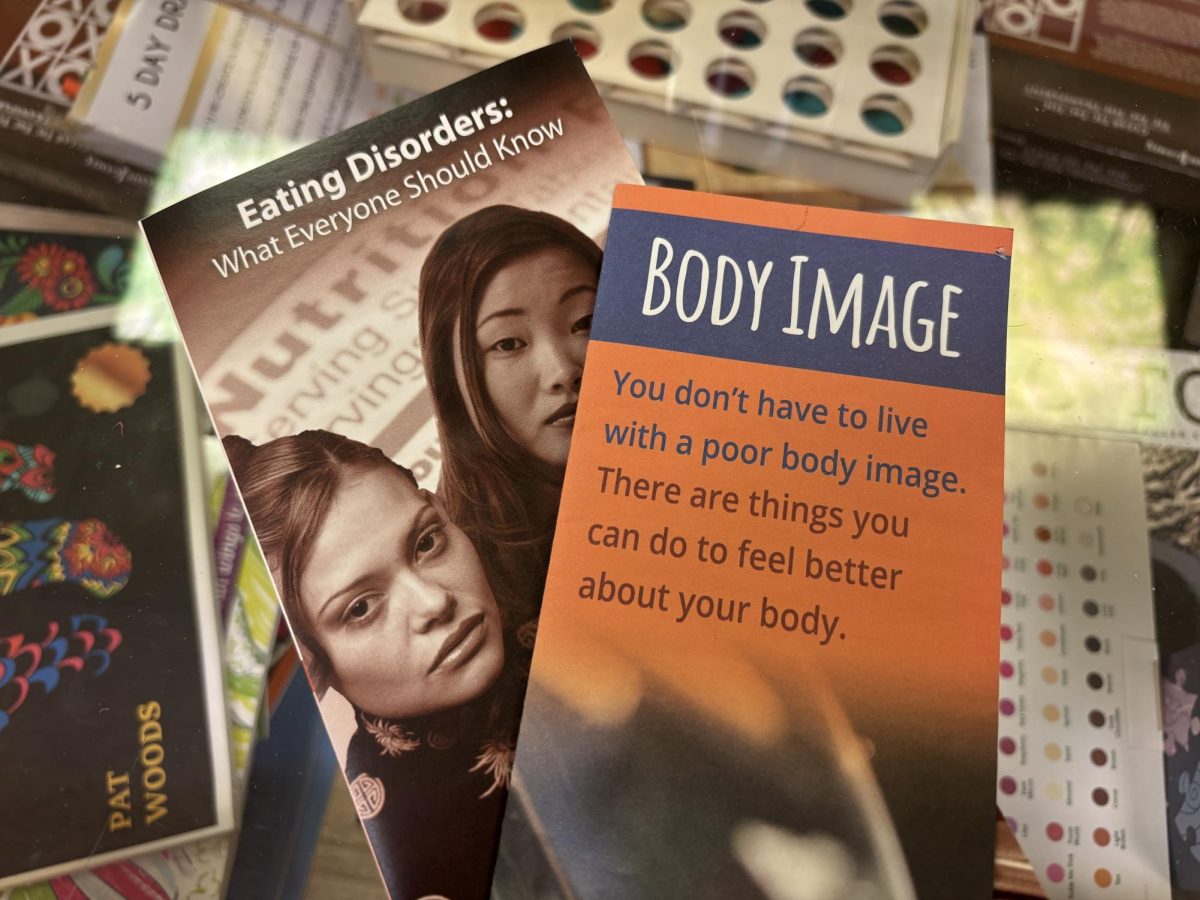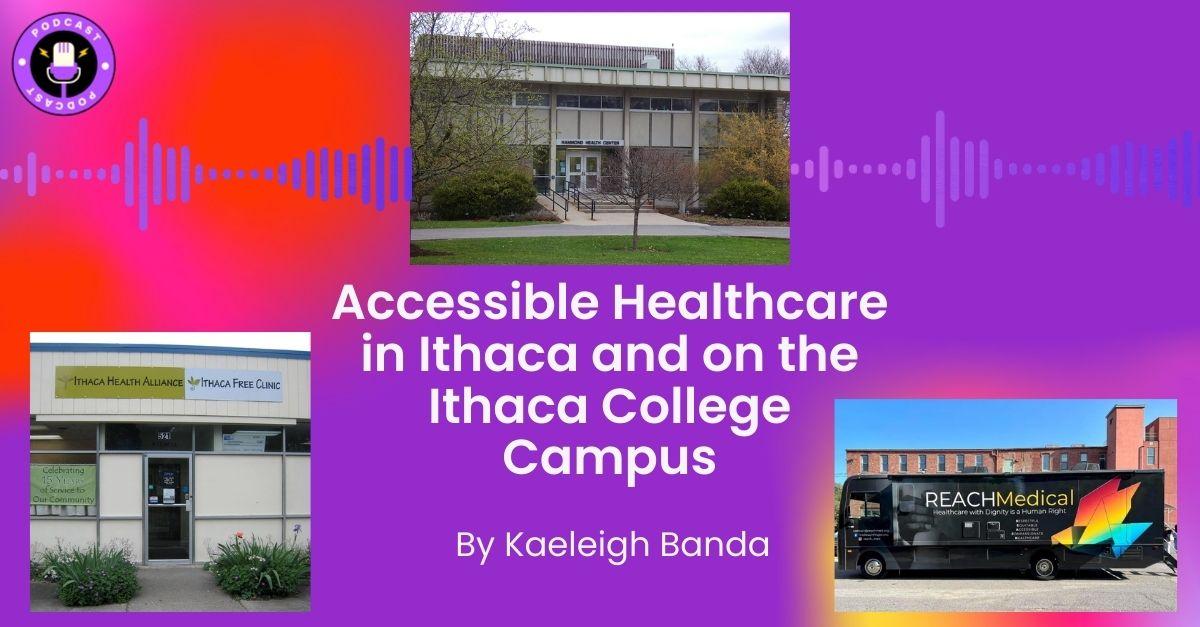
Although Ithaca College courses are only being offered in-person, mental health services through the Center for Counseling and Psychiatric Services (CAPS) will remain remote for another semester.
Why is CAPS continuing to remain a remote service?
Brian Petersen, Director for the Center for Counseling, Health and Wellness, said that CAPS was originally planning to offer in-person services this semester, with some counselors choosing to remain remote based on their comfort levels, until they were instructed not to.

“Well, the easy answer to that is we didn’t choose to,” Petersen said. “There’s a story, so [CAPS is] in the basement of the Hammond Health Center and Hammond Health Center is where students that may be COVID positive come to be evaluated medically. OSHA, which is the Occupational Safety and Health Administration, came out with a set of guidelines, it basically said medical clinics that are seeing potentially COVID positive patients needed to de-densify as much as possible, meaning the less people in the building the better.”
After Petersen spoke to both the Dean of Students and the Physician and Medical Services Director for the Center for Counseling, Health and Wellness, he said “in the spirit of collaboration,” it was decided to offer tele-counseling services remotely to reduce transmission and the amount of people in the Hammond Health Center building.

Remote Therapy
“It’s a necessary solution to a problem,” Petersen said.
Petersen said he believes in-person therapy provides a richer experience but he thinks some students prefer online counseling over in-person. He said he believes some students have been more inclined to reach out for help and would not have sought out CAPS services without the remote aspect of it.
“I’ve been working in mental health for about 30 years and I clearly believe in the in person aspect of it,” Petersen said. “I think when you’re sitting in a room with someone, regardless of what is being said, you get a feeling for what’s happening so that’s very hard to do remotely.”
Student Response
Alex Smith, who graduated from IC in May, used CAPS services both in-person and remotely. Smith said they preferred using the online services because of the ability to schedule an appointment much more accessible.

“I mean just from a standpoint of being in therapy, I do think it is kind of better to be in person from an overall standpoint,” said Smith. “CAPS, in particular, I felt was better online.”
Smith said that the counselors themselves were “brilliant,” but the main issue they had with CAPS services in-person was the scheduling. They said it was difficult to get an appointment once a month and that they did not find the service that helpful when it was so limited.
“When we were remote, they just were so much more flexible with scheduling so I could meet them like once [a week]–honestly I had to meet them like twice a week occasionally–it was just so much easier to get an appointment, so much easier to try to make progress because we were able to meet more often,” Smith said.
Madison Hertel, Senior Musical Theatre major, began using CAPS remote services during the Fall ‘20 semester.
Expectations for the Spring ‘22 Semester
Peterson said he prefers to do counseling face-to-face but is appreciative of how well telehealth services appear to be working. He does not expect the college to continue to offer remote CAPS services in the Spring 2022 semester depending on what OSHA and the college advises.
“Right now, the plan is that all CAPS counselors will be back in the building in the spring, that is our goal, and we will be providing in-person services unless there’s a compelling reason why the student can’t come in,” Petersen said. “The wild card is this is all assuming that COVID is stable at that point, that the risk is low, that OSHA regulations allow for people to be back in the building, so there are a lot of variables here that I have no control over as a director.”
Crisis Support
Petersen is currently on campus to do in-person crisis assessments. He said CAPS felt it was important to have a Counselor on Call (COC) available to respond to mental health crises on campus. In order to provide this service safely, the college has set aside a room in Terraces 13 to offer in-person crisis service. Petersen said the room for crisis services is large enough to maintain social distancing and has an air purifier as well.
Additional Information about CAPS from Petersen:
- There is currently not a waitlist for CAPS Services.
- There is remote “walk-in” service through Zoom for students to be seen the same day Monday – Friday from 1:30 p.m. – 3:30 p.m.
- Students can make an intake appointment with CAPS by calling their number directly 607-274-3136.
- Five rooms in Terrace 13 have been reserved for students who need a private space for counseling upon request. The rooms can also be used for students who are meeting online with a counselor from home. The rooms are equipped with a desk, a chair, an air purifier and a laptop.
- After-hours services through ProtoCall are offered 5 p.m. – 8:30 a.m. Monday through Friday and 5 p.m. Friday through 8:30 a.m. Monday. Students can call the direct number, 607-274-3136, and be directed to a live licensed mental health professional.
- CAPS is a generalized service, students who want a long term or more attentive service can be directed by CAPS to a practice outside of the college who can better suit their needs.






